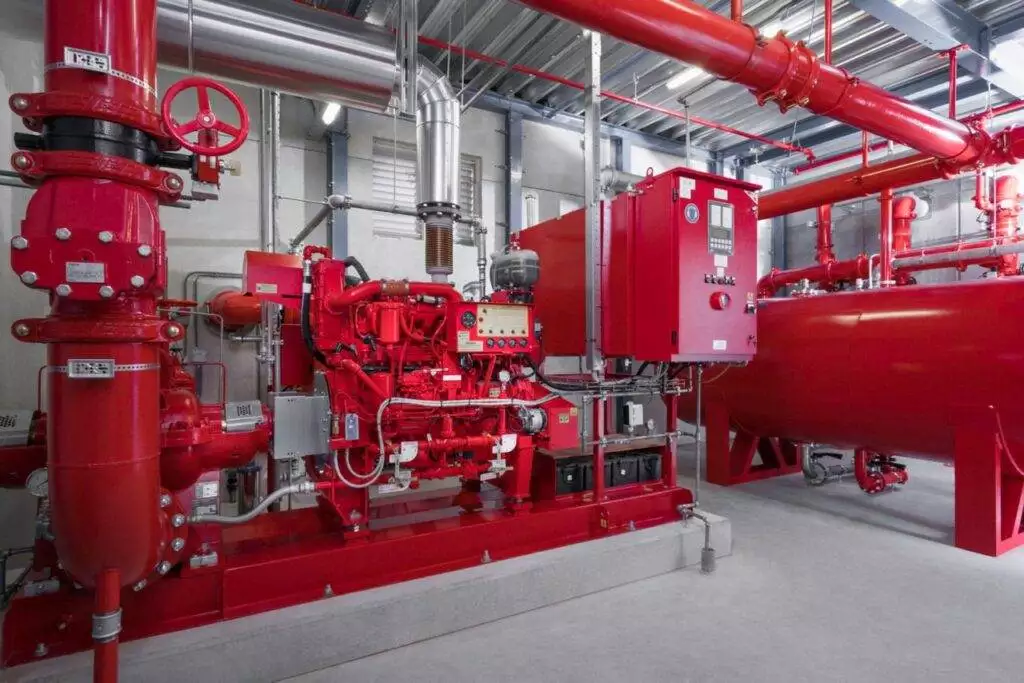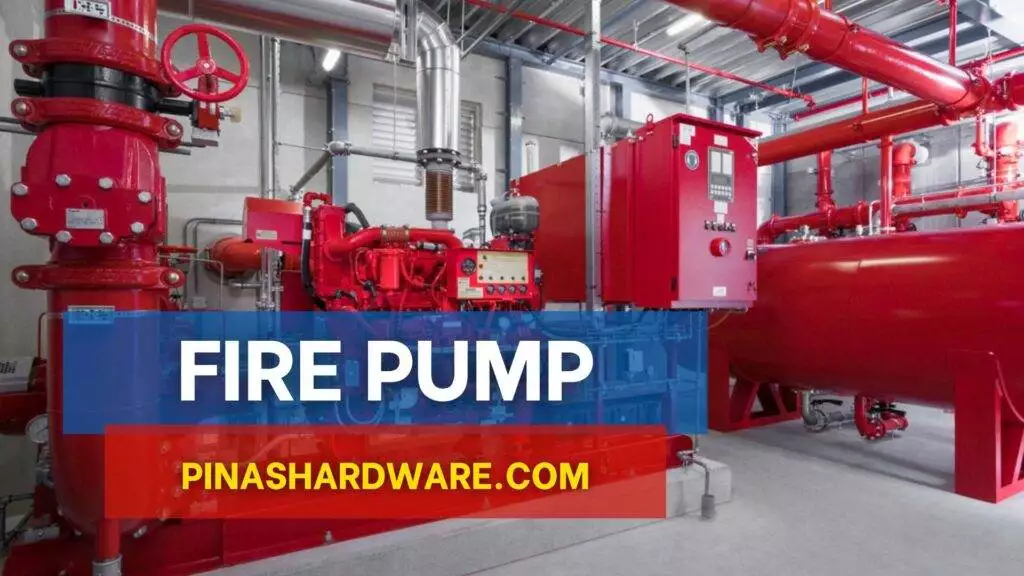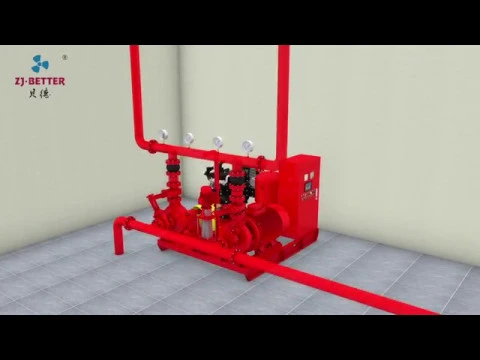A Fire Pump is an important component of a fire protection system designed to supply water at a higher pressure than the normal water supply to ensure effective firefighting. It is commonly used in buildings, industrial facilities, and other structures to enhance the water pressure in fire sprinkler systems or standpipe systems. The primary function of a fire pump is to maintain an adequate and consistent water flow for firefighting efforts, ensuring that water reaches all areas of a building or facility during an emergency.
Fire Pump Prices
The price of fire pumps varies depending on the chosen brand, model, and additional tools included. Prices can range between ₱235,000.00 and ₱498,000.00.
| Description | Model | Price |
| Evergush Fire Fighting Pump Set | FF-80XA3220-27.5 without jockey | ₱235,000.00 |
| Evergush Fire Fighting Pump Set | FF100-XA5016-211 without jockey | ₱320,000.00 |
| Evergush Fire Fighting Pump Set | FF100-XA5016-211 with jockey | ₱498,000.00 |

Advantages of Fire Pump
Critical for Fire Protection – Fire pumps are essential components of fire protection systems, ensuring that there is sufficient water pressure to effectively combat fires even in different settings.
Water Supply Enhancement – Fire pumps boost the water supply pressure which enables water to reach all areas of a building or facility, especially in multistory structures or locations with challenging water distribution.
Reliability – Fire pumps are designed for reliability and are often equipped with features such as redundancy to ensure they function during emergencies.
Various Power Sources – Fire pumps can be powered by different power sources such as electric motors, diesel engines, or other sources which provides flexibility and reliability in different situations.
Disadvantages of Fire Pump
Initial Cost – The installation of fire pumps can involve significant upfront costs, including the pump itself, associated piping, and other necessary components. The price of a fire pump is critical and must be addressed especially in projects with limited budgets.
Maintenance Requirements – Fire pumps need to be regularly checked for inspections and maintenance to ensure that it is always ready for any kind of operation. This includes periodic testing, inspections, and adherence to maintenance schedules.
Energy Consumption – Depending on the power source, fire pumps can consume a considerable amount of energy, especially in situations where electric motors are used contributing to higher operational costs.
Dependency on External Power – Fire pumps that rely on external power sources, such as electricity could face difficulties during power outages. Diesel-powered pumps may provide an alternative but require fuel storage and maintenance.
Potential for Mechanical Failures – Like any mechanical equipment, fire pumps are also susceptible to mechanical failures. This is where the importance of regular inspections and maintenance shows its worth in ensuring the operational readiness of the fire pumps.
Video of Fire Pump
FAQs
What is a Fire Pump?
Fire pumps are important components of a fire protection system designed to supply water at a higher pressure than normal water supplies.
What does a fire pump do?
Fire pumps are a very important part of water-based protection systems as they are the ones that increase the pressure of water sources for the systems they supply.
Why are fire pumps installed?
Fire pumps are installed to provide water supply pressure or simply enhance the existing water pressure of a normal water supply such as an automatic sprinkler system.
What are the main fire pumps?
The main types of fire pumps that are commonly used for fire suppression systems are horizontal split case, vertical split case, vertical inline, vertical turbine, and end suction.
Do I need a fire pump?
To determine if you need a fire pump, you must compare your water pressure demands with the available water supply.


